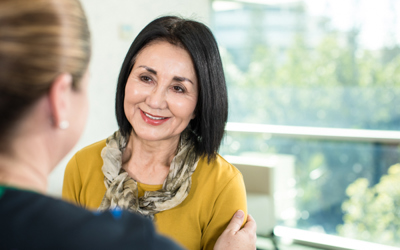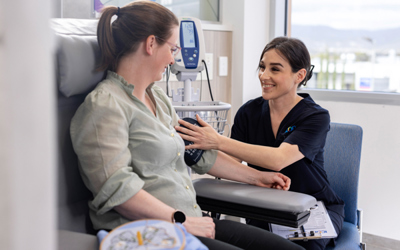Quick facts about sarcoma
A sarcoma is a rare and complex cancer that begins in the bone, cartilage or muscle, such as muscle, fat, nerves, tendons, lining of joints, lymph vessels or blood vessels
Sarcoma can develop in any part of the body
There are around 4300 new soft tissue sarcoma cases in England every year and highest in people aged over 80 years old. Sarcoma cancer makes up 2% of all cancers diagnosed in the UK each year.
Types of sarcoma
There are two main types of sarcomas, depending on which type of tissue the sarcoma starts in:
Treatment for sarcoma
There are many different types of treatment for sarcoma. Your treatment will depend on you and your cancer.






